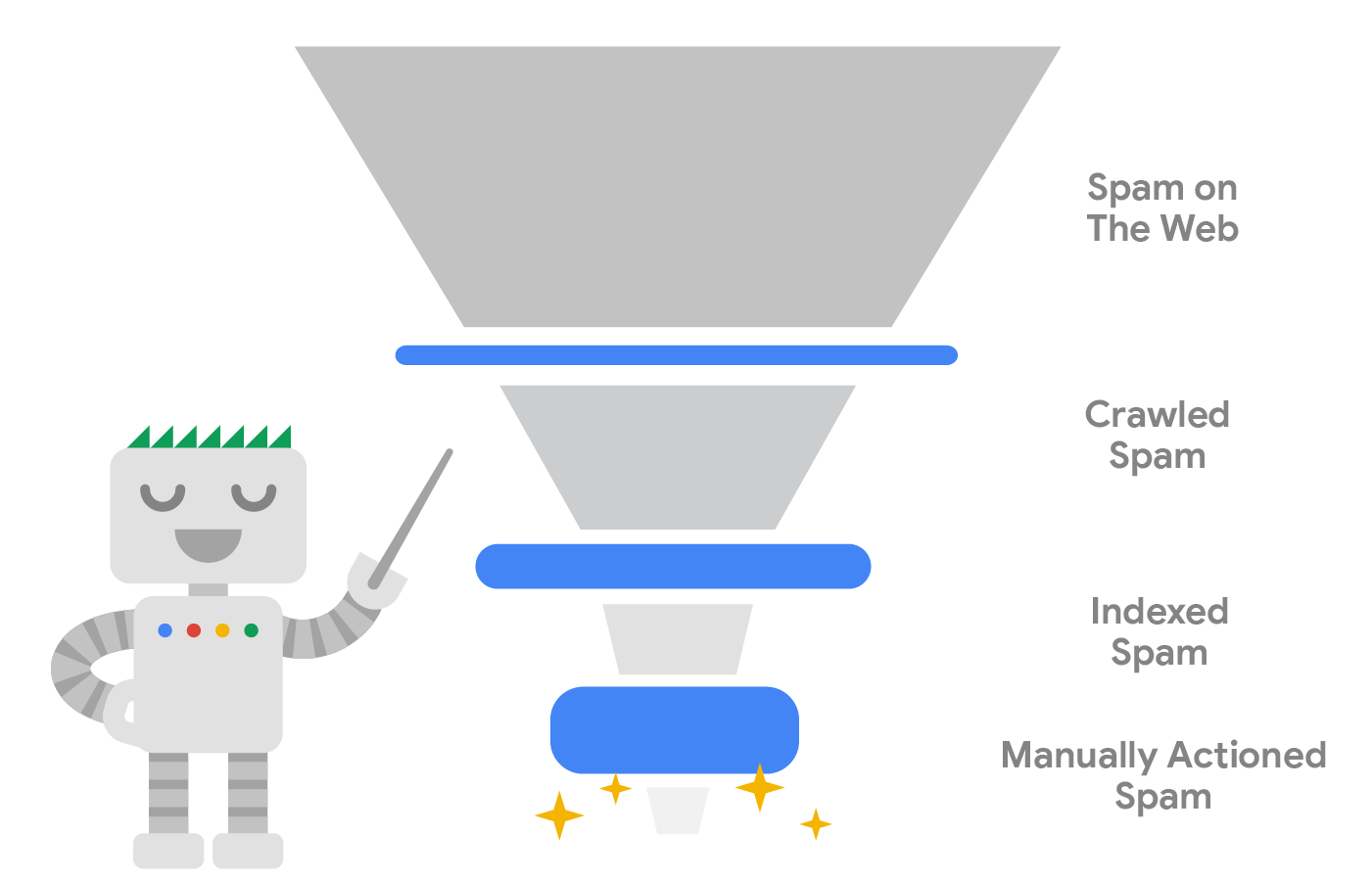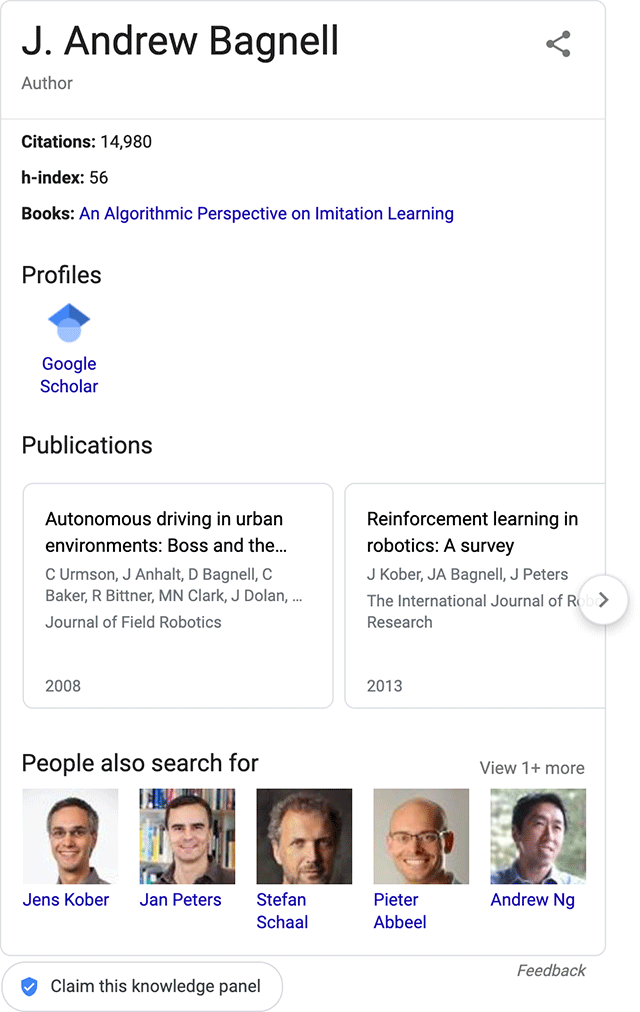Google gives us the lowdown on ranking search results and tackling obvious spam

An overall approach to improving your site is more effective than focusing on specific signals says Google.
Google’s big guns joined forces in a recent podcast episode to shed light on the ways in which the company tackles web spam, search quality and more.
The fascinating insight, delivered by Martin Splitt, Gary Illyes, John Mueller and Duy Nguyen, a guest from Google’s own search quality team was aimed at sharing some of the ways web spam is tackled, manual actions are responded to and hacks are stopped in their tracks.
In the ‘Search off the Record’ podcast series, listening to the search company’s brightest and best deliver deeper insight into the way Google search works is always a worthwhile endeavour and this latest episode was no different.
In short, Google creates a shortlist for a given search query, let’s say it contains around 1,000 results. Each is generated based on topic and relevance, before Google applies “the magic” as Gary Illyes puts it, or ranking signals and other factors as we know them.
These results are assigned scores or numerical values and that magic process “assigns a number and we calculate that number using the signals that we collected during indexing plus the other signals. And then essentially, what you see in the results is a reverse order based on those numbers that we assigned.”
Gary went on to say more about the algorithms they use, mentioning RankBrain and HTTPS boost before reminding viewers that HTTPS boost is a tie-breaker without the capacity to actually rearrange search results.
Machine learning and spam prevention
Search quality team member Duy Nguyen delved a little deeper into the topic of spam prevention and the measures Google takes to keep it at bay. Interestingly he touched upon Google’s use of machine learning models to handle the most obvious cases of spam. A fact that might not come as a major surprise to many but also one rarely touched upon to this extent publicly by the search giant.
Listening to Google representatives discuss search is always an opportunity worth seizing, and dev podcasts of this nature are always analysed and picked apart for valuable insight into the things that really matter concerning rankings.
One notable example was Nguyen’s sadness to see the focus SEOs are prone to placing on single (and often external) metrics that Google doesn’t even use. As opposed to turning their efforts towards much more valuable endeavours, such as better functionality, engaging, high quality content and an improved all-round user experience.
Google has hundreds of ranking signals; giving yourself a chance to rank as well as possible in Google Search means adopting a broader approach.
SEOs take note; adopt a blinkered approach at your peril.





Comments